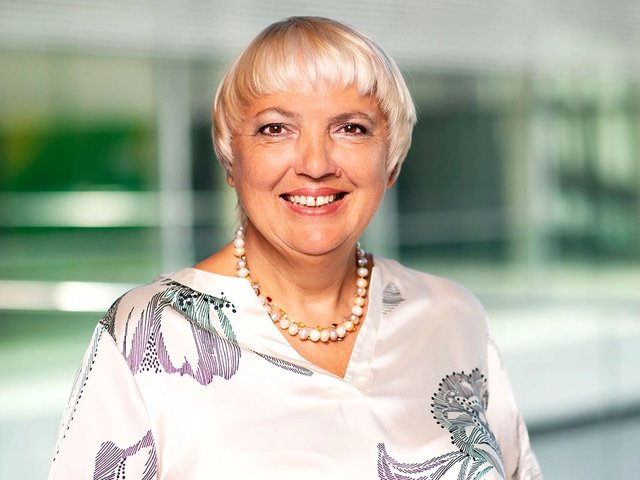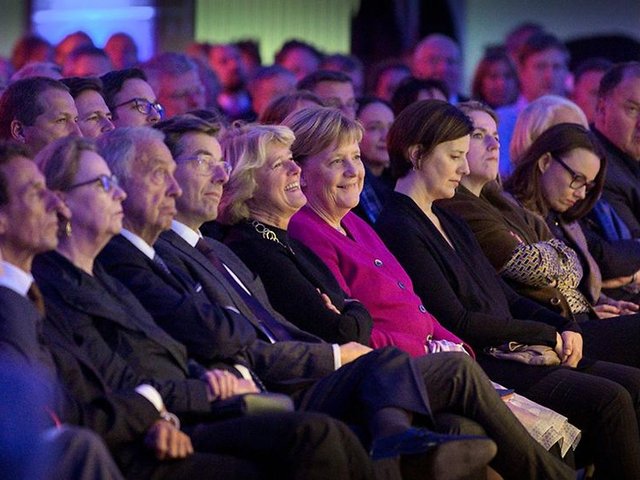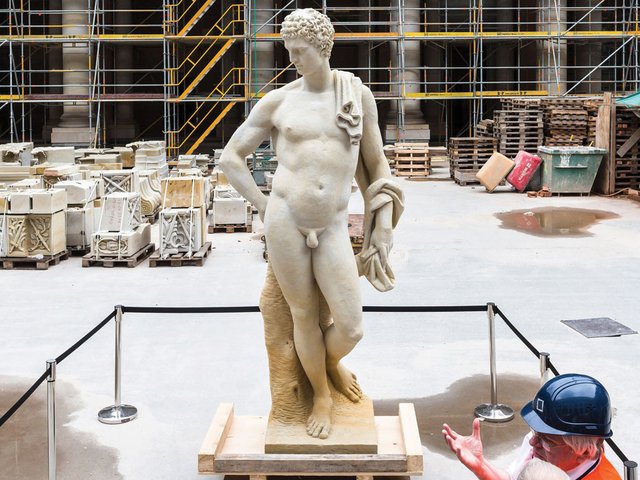Friedrich Merz’s Christian Democratic Union has named Wolfram Weimer, a conservative journalist who founded a political magazine and publishing company, to serve as the culture minister in a new German government expected to take office next week.
Merz’s Christian Democrats and their Bavarian sister party, the Christian Social Union, won the largest share of the votes in February’s election but not enough to rule alone. They have formed a coalition with the Social Democrats; the Bundestag, or lower house of parliament, is due to confirm Merz as chancellor on 6 May.
The appointment of a German culture minister who is not a career politician is not an exception: while the incumbent, Claudia Roth, arrived in the post with a wealth of political experience, previous post-holders have included publishers, writers and a philosopher.
But commentators have criticised the choice of Weimer because of his lack of arts background: an opinion piece in the Frankfurter Allgemeine Zeitung described him as “the wrong man in the wrong place”, adding, “it would be speculative to assume that Weimer has an interest in art or intellectual pursuits. They have hardly played a role in his work to date.”
While Roth espoused progressive causes such as feminism and gay rights, Weimer, who is 60, supports conservative values and free-market economic policies. A regular guest on German TV talk shows, he has written a “conservative manifesto” in praise of bourgeois values, as well as books criticising the “super-nanny state” and predicting a revival of religion.
Born in the German state of Hesse, Weimer grew up in Portugal and served as the Frankfurter Allgemeine Zeitung’s correspondent in Madrid in the 1990s. He is a former editor-in-chief of the conservative German daily newspaper Die Welt and of the news magazine Focus. He also founded the political magazine Cicero and, together with his wife Christiane Götz-Weimer, set up a publishing company, Weimer Media Group.






